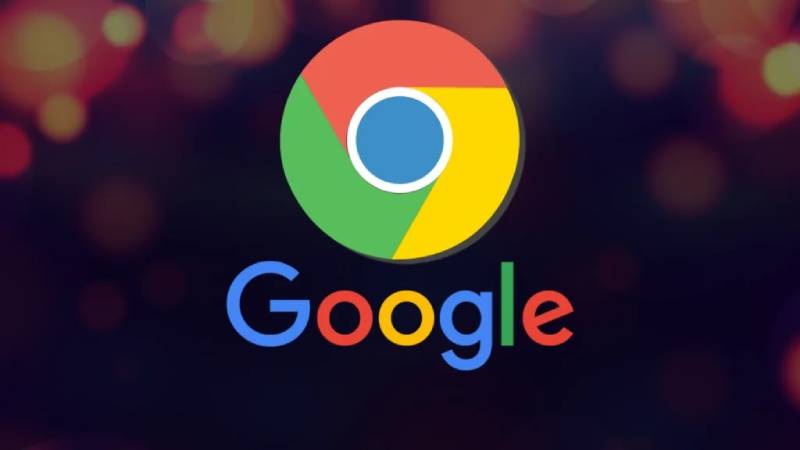Google is implementing several alterations to the operation of the search and address bar, commonly known as the omnibox, in the Chrome browser. While these changes may appear minor individually, they collectively reveal an important and somewhat unexpected trend: Google is simplifying web navigation, reducing the need for frequent Google searches.
Whether you’re using Chrome on desktop or mobile, the browser will now attempt to rectify your URL typos. For example, if you type “thevrege.com” or “ninteendo.com,” you will receive autocomplete suggestions based on the correct website rather than the misspelled domains. The omnibox’s autocomplete feature will also become more intelligent, predicting the site you’re seeking based on keywords instead of simply guessing the URL you’re typing. It will work with non-Google sites as well. Additionally, Chrome can now search within your bookmarks for relevant sites and files based on your input.
These enhancements are driven by your browsing history and bookmarks, making Chrome more personalized. The final change is a web-wide shift that may seem unusual for Google: when you begin typing the name of a popular website, the omnibox will display that site’s URL in the suggestions list, enabling you to select it and navigate directly to the site. This change has already been rolling out and should now be accessible to everyone.
While these are beneficial features for web navigation, they are likely to reduce the number of Google searches conducted. Navigational search, which involves people Googling the name of a website and clicking on the top result, is a fundamental element of the search business. Typos also generate more search queries than you might think. In the past, the Chrome team has shied away from features like these, concerned that they might decrease the volume of daily Google searches.
However, a few recent developments may make Google more open to such features. Google is currently embroiled in a significant antitrust lawsuit, alleging that it operates as a search monopoly and abuses its authority to the detriment of consumers. Furthermore, as Google embraces AI through the Search Generative Experience, each query becomes more costly since it needs to consult its extensive language models for answers. Many of these navigational searches don’t contain advertisements, so Google might actually welcome the opportunity to divert users from its search results page. Ultimately, maintaining Chrome’s dominance, which keeps Google as the primary search engine for most users, may outweigh the minor trade-offs in features.
Alongside these changes, Google is refining the visual layout of the omnibox to enhance readability and loading speed. It appears that Google is subtly downplaying the importance of the search results page in Chrome, while emphasizing the address bar and suggestions dropdown to expedite web navigation. This shift may potentially lead to sponsored autocompletes, but that’s a concern for another day. In numerous ways, the way we search the internet is evolving, and even Google must adapt swiftly to keep pace.
Disclaimer: The views, suggestions, and opinions expressed here are the sole responsibility of the experts. No Sandiego Currents journalist was involved in the writing and production of this article.




